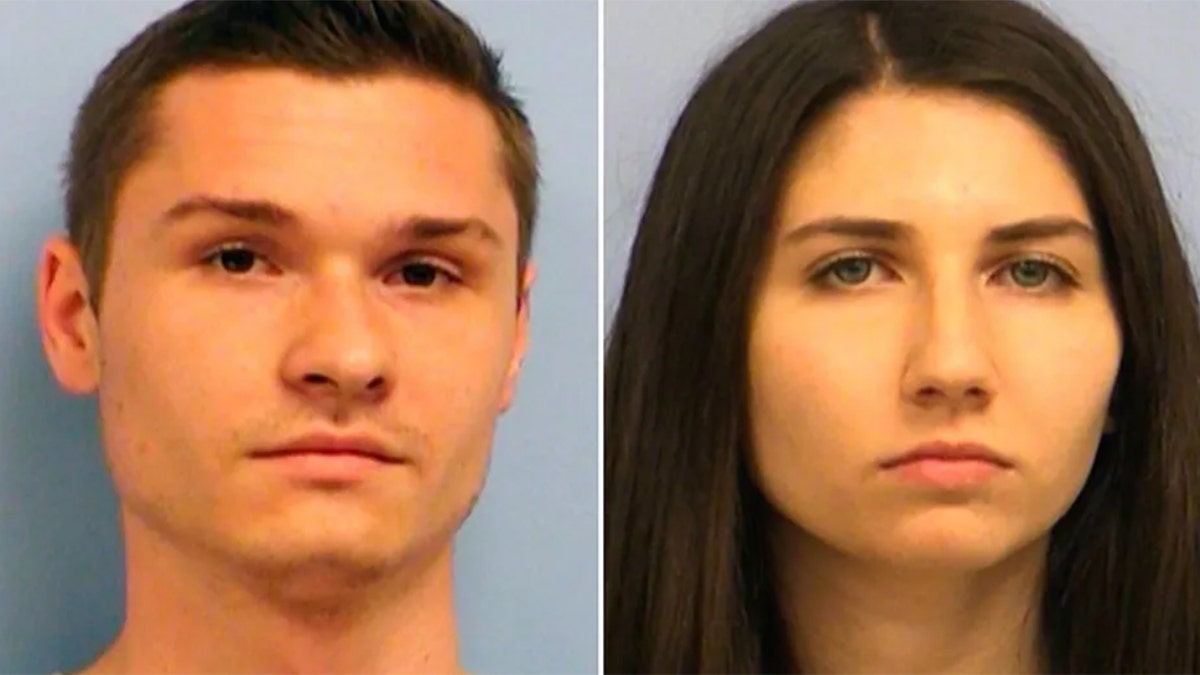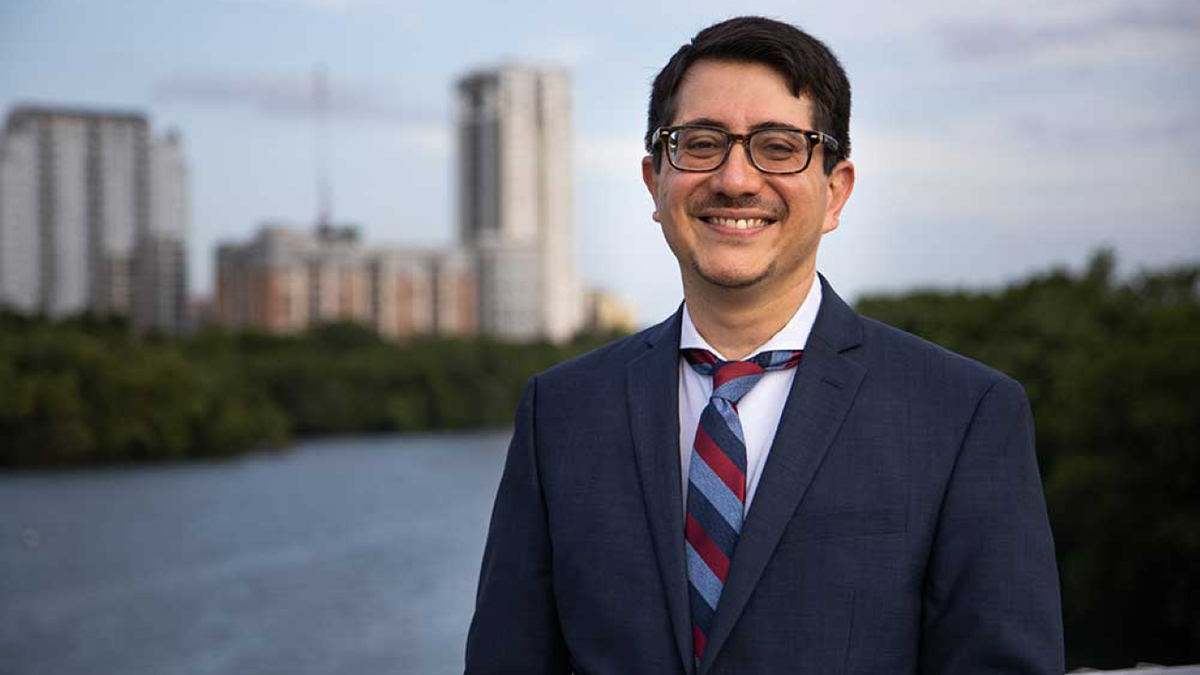The recent sentencing of Jaclyn Alexa Edison to probation for her role in a 2018 murder-for-hire plot has ignited controversy and condemnation in Austin, Texas. Edison pleaded guilty to conspiracy to attempt capital murder, orchestrating a plan involving two hitmen who killed her then-husband's father and injured his mother. While the hitmen and Edison's ex-husband received 35-year prison sentences, Edison's 10-year probation and deferred adjudication, which keeps the conviction off her record, has drawn sharp criticism from victims' families and law enforcement.

Critics, including the Austin Police Retired Officers Association President Dennis Farris, argue that Edison's sentence is disproportionately light compared to the sentences of her co-conspirators. They contend that her involvement warrants a punishment equal to those who carried out the killing. Attorney Steve Brittain, representing the surviving victim, expressed his astonishment at the unprecedented leniency of the sentence, stating that he had never encountered a similar outcome in his extensive career.

The case has intensified scrutiny of Travis County District Attorney Jose Garza, who has faced accusations of favoring lenient sentences for criminals while aggressively pursuing charges against police officers. Garza, backed by a George Soros-linked PAC, has been criticized for his progressive approach to criminal justice, which some perceive as contributing to a "soft-on-crime" environment. The case has resonated with other families impacted by violence in Austin, including Nicholas Kantor, whose brother was killed in a 2021 mass shooting. Kantor expressed concern that such lenient sentences could become normalized, emphasizing the need for public outrage and protest.

Adding to the controversy is the stipulation that Edison spend two days annually in jail on the anniversary of the murder. Farris argues that this is a symbolic gesture, likely resulting in minimal actual jail time due to jail crediting practices. Garza's office has not responded to requests for comment. This case has reignited the debate over criminal justice reform and the role of progressive prosecutors, raising questions about fairness, accountability, and the impact on victims' families.
Comments(0)
Top Comments